Host Organisation
Right Energy Partnership with Indigenous Peoples
Description
The global race towards renewable energy has resulted in billions of dollars being directed toward large-scale renewable energy projects, yet Indigenous Peoples — who have safeguarded nature and embodied sustainable practices for centuries — are being left behind. Even worse, many of these large-scale projects are impacting Indigenous communities negatively, displacing them from their lands, disrupting ecosystems, and eroding cultural heritage. Despite these adverse effects, the international climate finance architecture continues to prioritize large corporate initiatives over Indigenous-led, community-based renewable energy projects.
This panel discussion will critically examine the inequitable distribution of climate finance, focusing on the need for direct financing for Indigenous-led renewable energy projects that align with the values, needs, and rights of Indigenous Peoples.
While climate finance commitments grow, the funds rarely reach Indigenous communities. Major global investments often finance large-scale projects — including dams, wind and solar farms, geothermal plants, and extraction of critical minerals — that encroach on Indigenous lands and disrupt traditional livelihoods. These projects, although labeled as “green,” have resulted in land dispossession, environmental degradation, and cultural losses for Indigenous Peoples.
Meanwhile, Indigenous communities, with their intimate knowledge of local ecosystems and long history of sustainable practices, struggle to access even a fraction of this funding. Less than 1% of climate finance is directed to Indigenous-led initiatives, hindering their ability to implement small-scale renewable energy projects that prioritize community needs, environmental sustainability, and respect for cultural heritage.
Objectives:
1. Expose the disproportionate allocation of climate finance toward large-scale renewable projects that harm Indigenous communities.
2. Highlight the leadership of Indigenous Peoples in sustainable, small-scale renewable energy initiatives and their potential to contribute to global climate goals.
3. Propose actionable solutions for reforming climate finance mechanisms to directly support Indigenous-led projects.
Discussion Topics:
1. Disproportionate Climate Finance Allocation:
o How is climate finance being disproportionately allocated to large-scale renewable projects that often harm Indigenous lands and livelihoods?
2. Impacts of critical minerals for the Just Transition
o Review the demand and distribution of critical minerals required for the Just Transition found in Indigenous lands and territories
o Discuss examples of consultations and consent procedures with respect to proposed extraction of critical minerals
3. The Role of Indigenous-Led Initiatives:
o Showcase successful Indigenous-led renewable energy projects that emphasize community ownership, sustainability, and alignment with traditional knowledge.
o Discuss how these small-scale projects, if properly funded, can contribute to global renewable energy targets and climate resilience.
4. Challenging the Climate Finance architecture:
o How can the current climate finance system be reformed to ensure that Indigenous communities directly benefit from global funding mechanisms?
o Explore innovative funding solutions, including grants, direct payments, blended finance and partnerships, that prioritize Indigenous leadership in renewable energy initiatives.
Speakers
Panelists:
o Indigenous leaders affected by large-scale renewable energy projects.
o Indigenous Leaders with expertise on IP-led renewable energy initiatives
o Donor and/or investor supporting renewable energy in Indigenous territories (potentially from Canada or Australia)
Languages
English

